Wondering how to homeschool science? This resource will help you plan your homeschool science curriculum and is packed full of useful links to online science resources for children, and a fun collection of hands-on science experiments you can try at home.
How to homeschool science
Watch our Guide to How to Start Homeschooling
Click play on the video above to see our guide to how to start homeschooling. You’ll see the four steps you need to help you get started with homeschooling.
You’ll also find out about homeschool requirements and homeschool laws, and where to get ready-made lesson plans for homeschooling. Subscribe to NurtureStore’s YouTube channel to get more homeschooling videos!
As homeschoolers we have huge advantages when it comes to teaching science.
:: We have a small number of students, so we can structure our science curriculum around their individual interests and give them all the time and opportunity to be active in all the experiments we try, rather than only being observers or reading about science
:: We can can focus on lots of hands-on experiments, so our children have the benefit of learning by doing, and they can have fun, trying things out
:: We’re able to dedicate as much time to projects as we choose, so children go deeper and broader into projects that really catch their interest
:: We can easily adopt a cross-curricular approach, combining science, math, literacy, art, and play into one rich education experience. Research has shown that a whole brain, STEAM approach (that’s one that includes Science, Technology, Engineering and Math with that all important A for Arts) is hugely beneficial to learning, and our homeschool environment gives us the flexibility to use this to the max.
How to plan your homeschool science
In the earlier years, before children are focused on working to specific science exams (see below for some links to resources for GSCE science), we are able to give them the benefits of exploring science through hands-on, enquiry-based, playful learning.
You might design a programme of science based around a topic that your child is interested in – such as the weather, cooking, or LEGO engineering. See below for ideas on how to mind map your curriculum.
You might take your child’s question as a spring board into science. How does a plant grow? Why is a snail so slimy? How does a light work? What is the moon?
You might use your everyday life to bring out science learning naturally – cooking, gardening, doing home DIY building projects.
Whichever approach you take, we like to incorporate four key aspects to our homeschool science.
- We make it child-centred. What would they like to do? How do they learn best? What is it that they are fascinated by: Minecraft, make-up, and baking have all been springboards into robust scientific learning for my kids.
- We make it hands-on. We think about how we can design the science projects so that the children can do as much of it themselves as possible, using real experiments.
- We link academic learning to their interests. Using our own knowledge and experience, and some online research, we mentor our children to ask why things happen. And we scaffold them, building them up with questions, chat, and additional resources that will help them to explore their interests further. So we might help them find a science information book in the library, we might point them in the direction of a TED-Ed video on the subject they’re interested in, or might help them research on Pinterest to find a few other experiments that will stretch them deeper into learning about their subject.
How to mind map a homeschool science curriculum
We use mind maps a lot as part of our homeschool planning. We find them such a useful, visual way to organise ourselves. You can read more about how we use mind maps for homeschool here, but just as an example of how we build a unit around a child’s interests, here’s our map for my daughter’s chemistry project.
The subject goes in the centre. Around that we build branches to note down some of the experiments she wants to try.
We brainstorm what she wants to learn or try out on the subject.
Some of the ideas come from her, things she already knows about and wants to try. Some come from looking together on Pinterest (which we find to be a great, visual search engine). Some come from me looking at other resources that are available, and doing a cross-check to what children would be learning in school. And some come from a topic search on Amazon to see what books are available that look interesting to us.
You’ll see that her chemistry project included:
:: lots of hands-on science experiments, many of which you’ll find in more detail in the links below
:: a Minecraft course on alchemy, which linked history, science, and design
:: online learning, using TED-Ed and an interactive periodic table
:: reading this great, visual, information book on the Elements
:: recording her learning through making notes of her observations during her experiments, taking photographs and videos of her doing the experiments, keeping a journal of one of the projects, and building designs in Minecraft
Hands-on science experiments you can do at home
From the NurtureStore archive, here’s a collection of fun, educational, hands-on science projects that are really easy to do at home.
Seasons School Spring Workshop – exploring the science of the seasons, eggs, seeds and sprouts
Naked Egg Experiment – amazing chemistry, inspired by the Tinkerlab book
How to make a rain gauge – a springboard into learning about the weather
Potion Lab – a fantastic introduction to chemistry
Petal Perfume – linking to exploring the senses, smells and scents
Northern Lights Art – with links to the science behind the phenomenon, learning about our planet and atmosphere
Colour Changing Flowers – colourful biology
Seasons School Workshops – cross-curricula learning in line with the seasons
Learning about Daffodils – linking to biology, and learning about the seasons, with a cross-curricular STEAM approach that included art and poetry
Sun and Moon Activities – learning day and night, our planet, and the universe
Fizzy Science – a fun chemistry activity
Nature Walk Activities – observing nature and the seasons in your neighbourhood
How to Grow Crystals – a super sparkly chemistry experiment
Ice Play – more chemistry, combined with art and sensory play
Homemade Lollipops – kitchen chemistry that tastes yummy
Growing Seeds Experiments – a super project that leads into lots of back garden biology
Baking Bread – more chemistry and physics
The Garden Classroom – a complete resource of learning based in your own back garden
Eggs and Birds – a complete unit
Great online resources for homeschooling science
My favourite, go-to places for online resources for homeschooling science include:
NurtureStore’s archive of science activities for homeschool – I’ve listed some of our favourites in the section above this one.
Babble Dabble Do – Ana’s site is packed with colourful, hands-on science projects you can try at home, with a particular strength in engineering projects for kids
Frugal Fun For Boys – Sarah is a homeschooling mom with four boys who love science. Don’t miss their LEGO and chain reaction ideas
Tinkerlab – Rachelle’s site has a range of hands-on science experiments, especially for kids who like to make and tinker.
TED-Ed – especially the science and technology section, and their interactive periodic table, which is full of bite-size videos on each element, along with resources to dive deeper
BBC Bitesize GSCE – with lots of factual information linked to all the GSCE science subjects
My science boards on Pinterest – where I collate ideas for Kids Science and STEM activities STEAM which is full of ideas that are whole-brain, and cross-curricular, incorporating the arts into science. If you follow both boards I’ll keep you supplied with great ideas.
The Garden Classroom – my book which shows you how you can easily use your back garden as a space to learn science, math, literacy and more.
Fizz, Pop, Bang! Playful Science and Math Activities – my ebook which is such a useful resource, with 40 projects that are all aboutfun, hands-on, play based learning in science and math. You can even get this as part of our Premium Bundles.
For older UK children working towards I/GSCE science exams, the Home Ed Exams Wiki is a great place to start, along with the Home Ed Links UK for IGCSE/GCSE group on Facebook.
And if you’re in the UK the annual Big Bang Science Fair is free to attend and a huge showcase of all kids of science careers.
Download your Fizz, Pop, Bang! resource here.
How do you homeschool science? Do you have a great online science resource to share? Is there another ‘how to homeschool…’ topic you’d like me to cover? Join in the conversation in the comments and let me know.


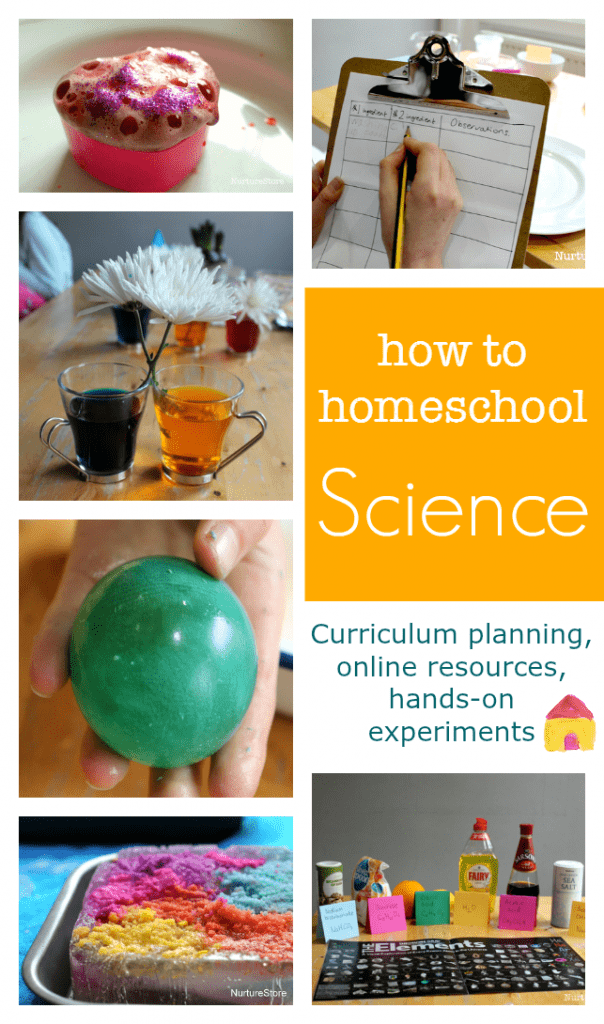
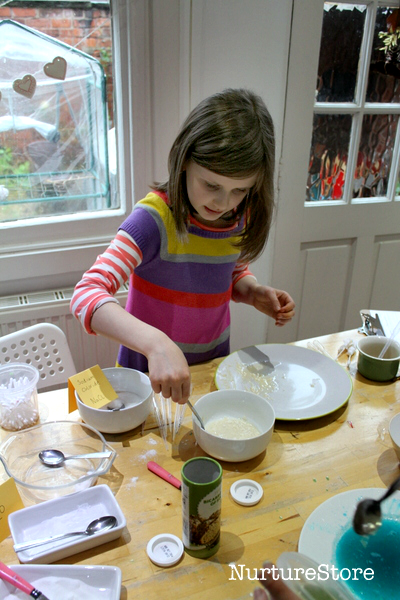

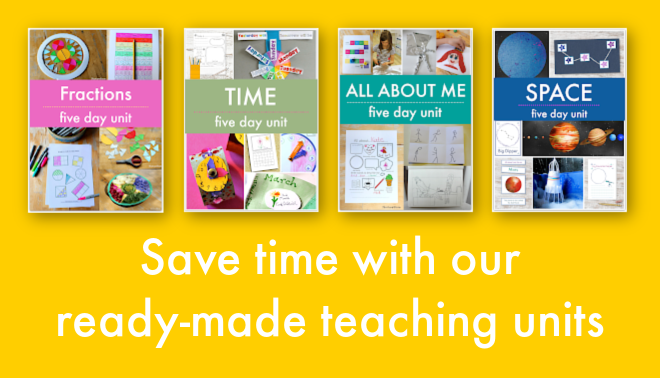
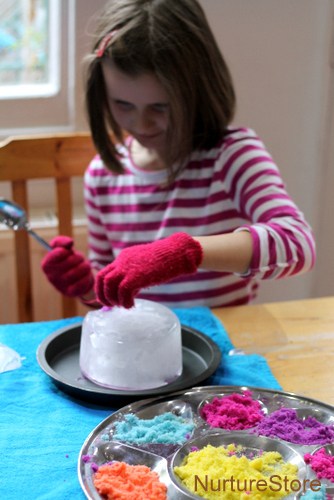
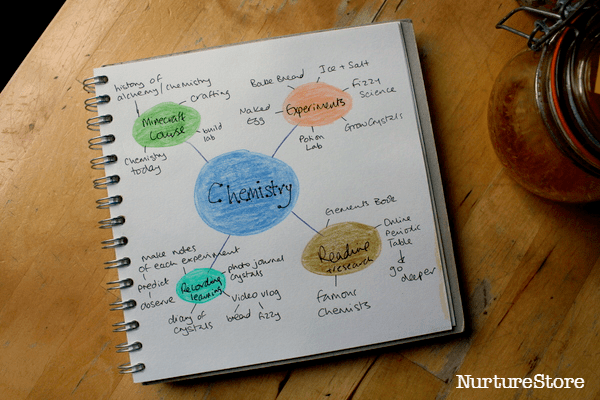
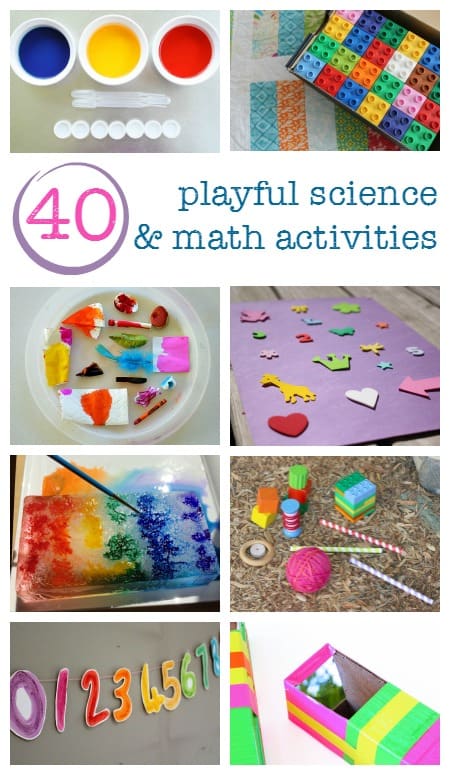
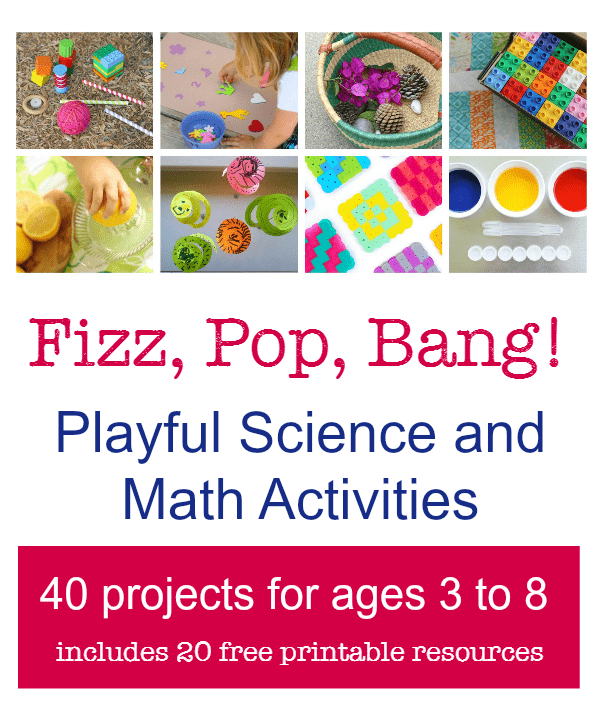
Awesome post- with lots of great links thank-you!